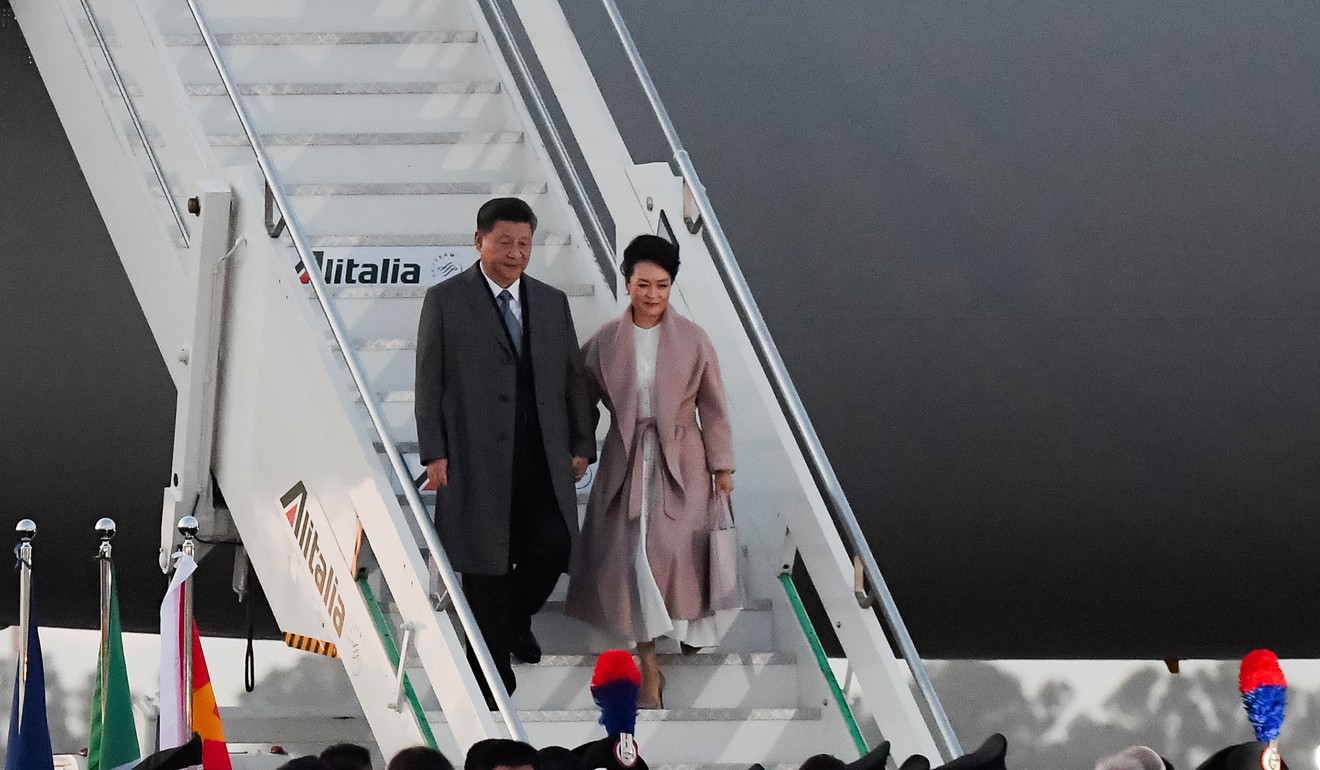
As with Huawei, China thinks it can split the US and EU. It’s wrong
- Beijing, Brussels and Washington appear stuck in an uncomfortable diplomatic love triangle.
- China may think it’s the new apple of the EU’s eye, but in the end Europe will stick with its old flame, America
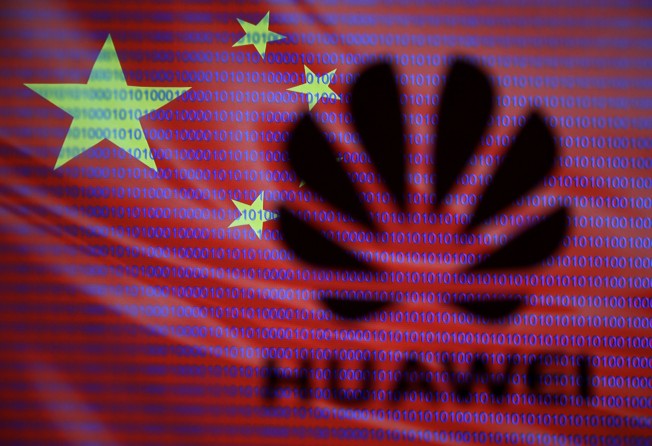
A flurry of diplomacy between China and European nations has laid bare the complicated love triangle between Beijing, Brussels and Washington.
Chinese President Xi Jinping’s visit to Italy and France this past week and the annual China-European Union summit in Brussels on April 9 (to be chaired by Chinese Premier Li Keqiang) are both conspicuous for their timing. They come amid both an escalation in the confrontation between the United States and China and a deterioration in US-EU relations.

Brussels and Washington are currently locked in a dispute over a host of issues, most notably trade, and each side has repeatedly threatened to introduce punitive tariffs on the other. China is trying to exploit these divisions in transatlantic relations to rally support in Europe, particularly its G7 nations.
At the epicentre of the US-EU dispute is Chinese 5G technology. Many EU states are cooperating with Chinese telecom firm Huawei, defying the wishes of Washington, which has threatened to withhold intelligence sharing from its allies, citing its concerns that Huawei is a front for state-sponsored spying.
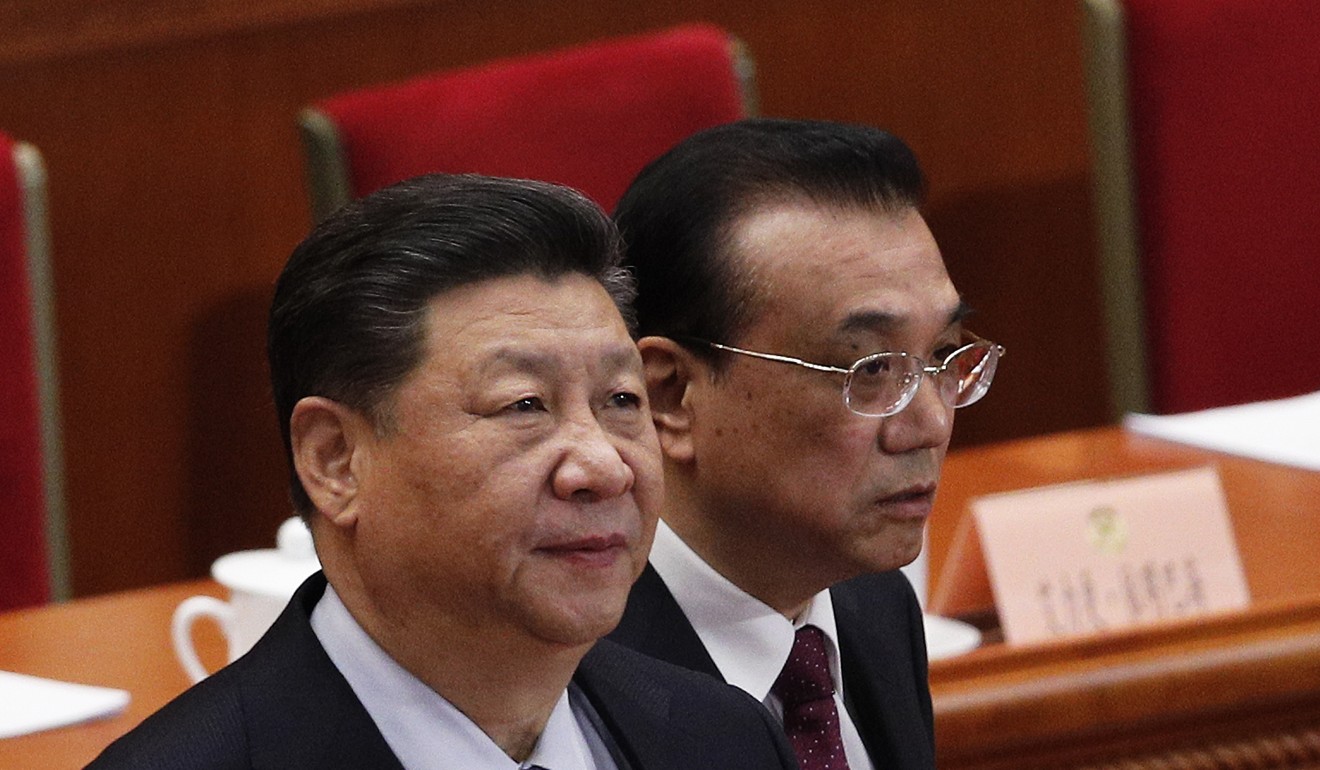
Washington is also at odds with the EU founding members Italy and France, both of whom are also G7 and Nato nations. Both are keen to explore the potential of the Chinese market and attract Chinese investment. Indeed, China – the world’s second largest economy – is now the EU’s second-biggest trading partner.
For instance, Washington last week voiced its opposition to Italy’s signing of a Memorandum of Understanding with China, which anchors Rome to Beijing’s controversial “Belt and Road Initiative” to fund and build infrastructure across Eurasia.
Italy and France are far from alone in wanting a closer economic relationship with China.
Similar MoUs have been signed between China and 13 smaller EU member states. But Rome’s actions will test its relations with its closest allies – the US, Nato and even the EU itself.
In the face of Beijing’s escalating rivalry with Washington, Chinese strategists have been banking on using closer EU ties to offset US pressure.
Beijing has invested much in the continent and has built solid political ties with some European capitals. Its investments have secured it access to strategic locations and economic sectors. In this regard, Beijing has succeeded, with various EU states signing up to the belt and road plan, the China-backed Asian Infrastructure Investment Bank and to deals with Huawei, all against Washington’s counsel.
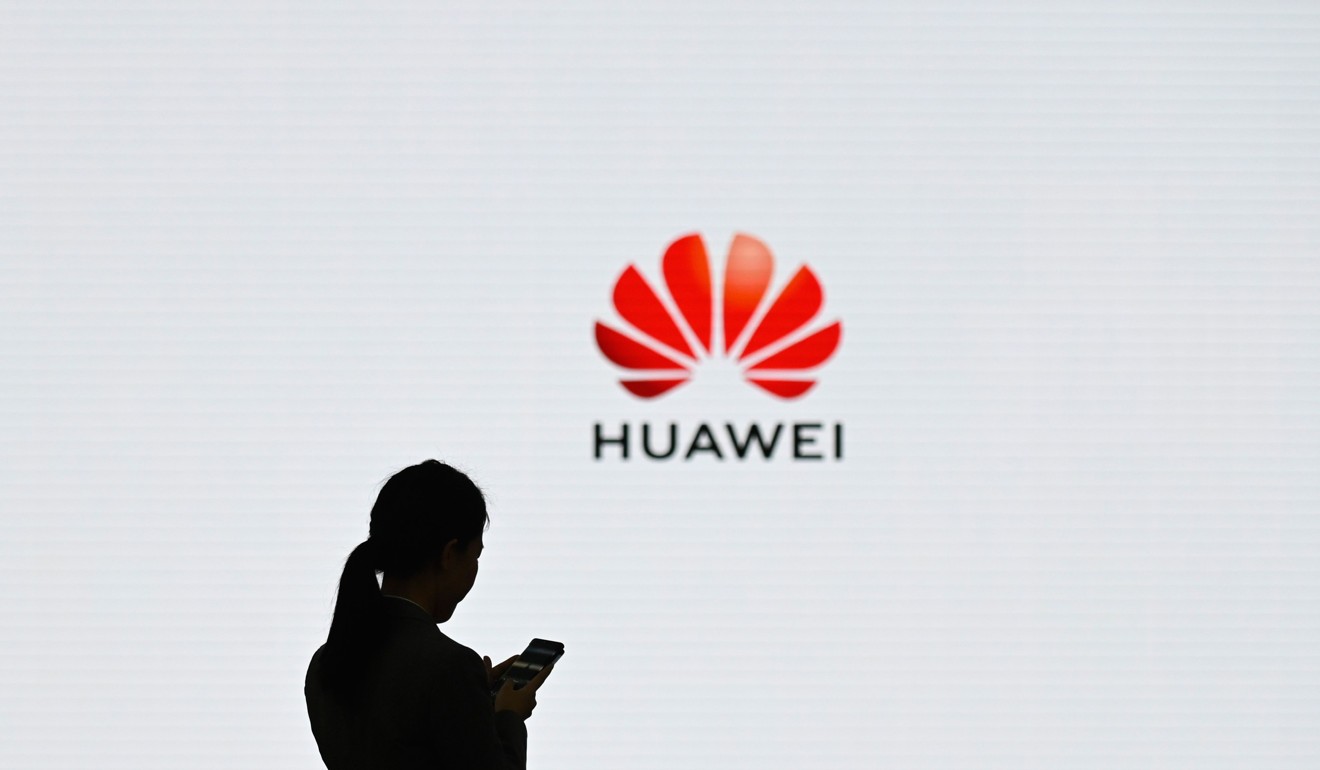
Generally speaking, under the US administration of President Donald Trump, EU-China engagement has deepened while EU-US relations have deteriorated.
Even so, the ties between the EU and US – and even Japan, too – run deep. Their allegiance is based on strong economic, political and strategic grounds and is anchored in their beliefs in the market economy and democracy. Their shared interests, as well as shared ideologies and values, have long outweighed their interests in China.
Brussels and Washington share much in their grievances with China. They both see Chinese trade practises as being predatory, criticising Beijing for market distortions, forced technology transfer and widespread cyber theft.
And it is this that explains a major policy shift by the EU towards the US, just ahead of the high-profile European appearances of Xi and Li.
A European Commission report, released last week and backed by the President of the European Commission Jean-Claude Juncker and the External Action Service chief Federica Mogherini, brands China as an “an economic competitor and systemic rival”, echoing Washington’s indictment of Beijing.
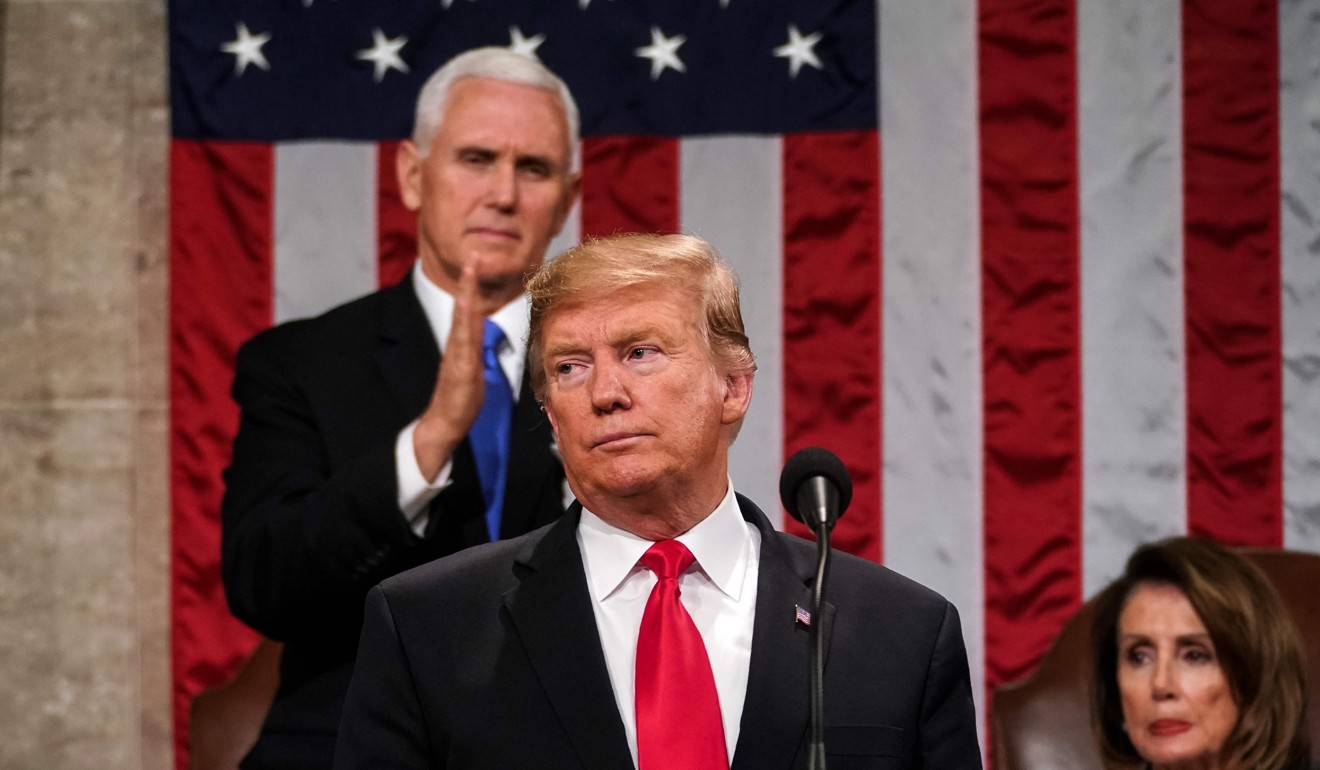
It also echoes US Vice-President Mike Pence’s speech last year in which he criticised Beijing’s diplomatic assertiveness in the South China Sea, its deteriorating human rights record and increasingly repressive policies at home.
In an apparent effort to head off rifts within Europe over China, the commission urges member states not to make agreements with Beijing on a bilateral level, so as to maintain a united front.
In all likelihood, the EU, US and probably Japan too will establish the world’s largest free-trade bloc featuring “no tariffs, no barriers and no subsidies”, as agreed by Juncker and Trump last year. And their strategic alliance is likely only to become stronger in the face of what they perceive as a threat from the rising influence of communist China.
So whatever the optics of the recent diplomatic love-in between China and the EU, the truth is that the long-standing engagement between the US and EU is both strong and resilient. Indeed, it is indispensable and irreplaceable as it is based on common interests in security and prosperity. In diplomatic partnerships such as these, two is company, three is a crowd. China should take note. ■
Cary Huang is a veteran China affairs columnist, having written on the topic since the early 1990s